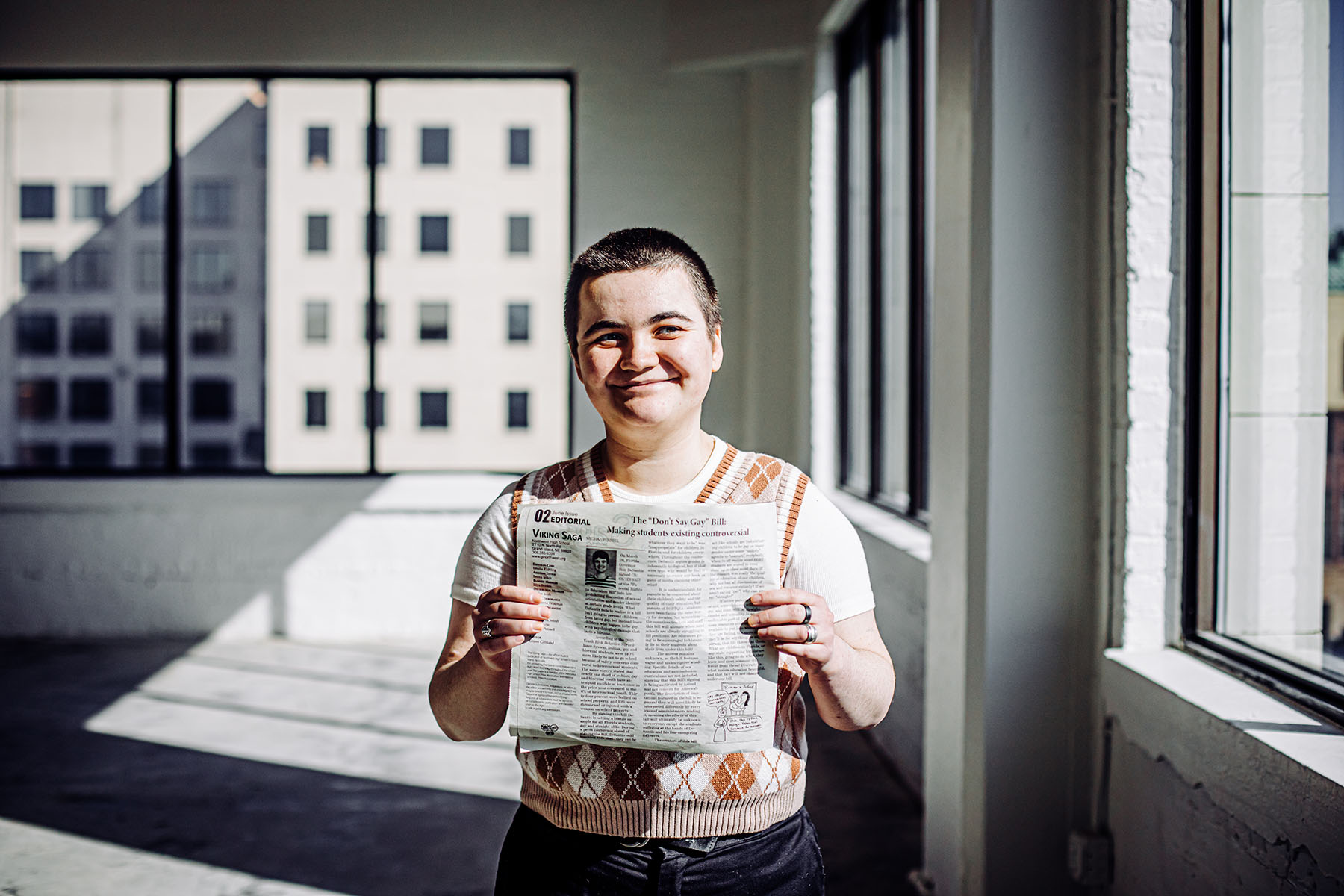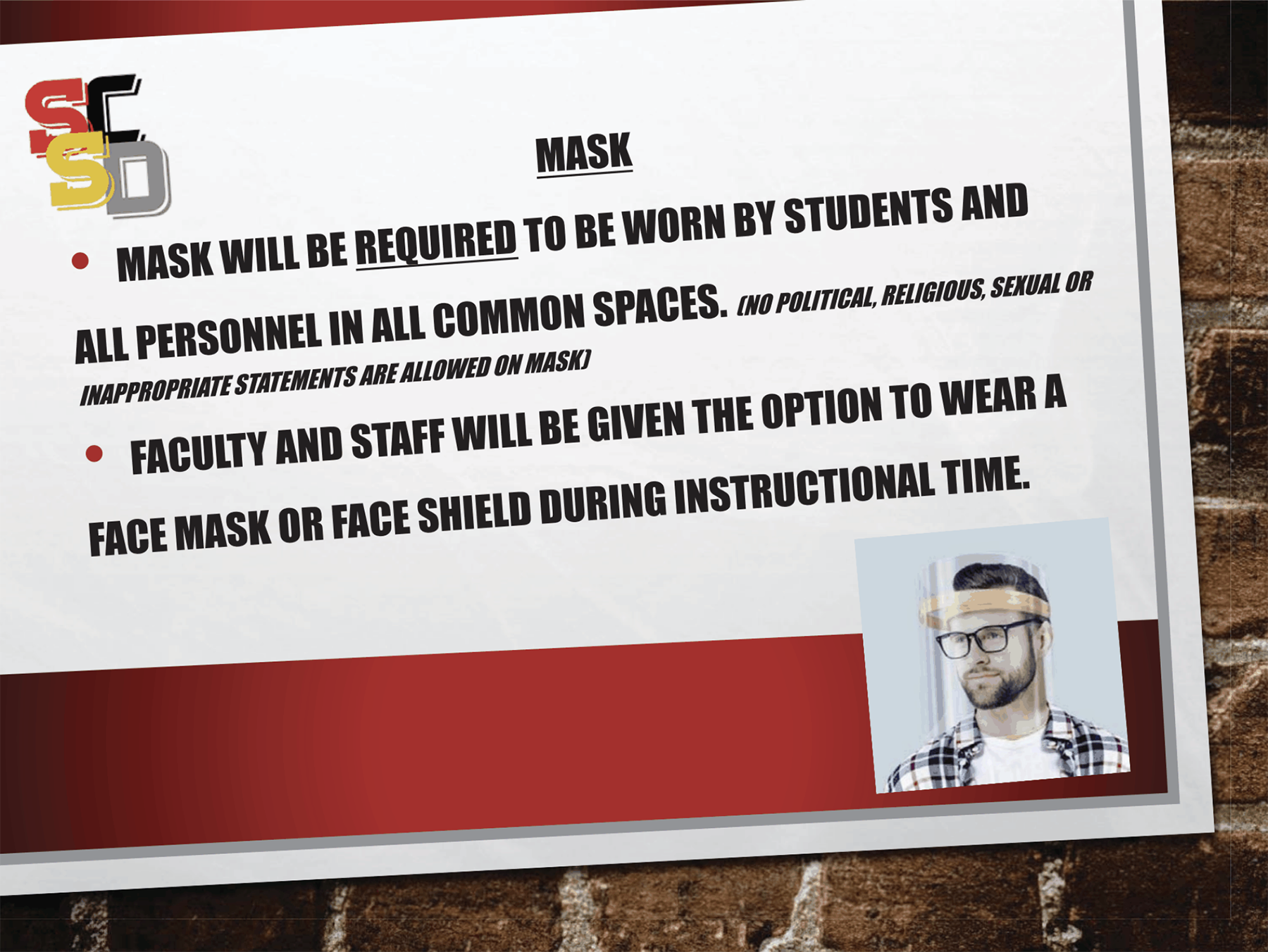A public high school in Tennessee agreed to remove a suspension from a student’s record following a lawsuit that claimed the school’s social media policies violated the student’s First Amendment rights and led to an unconstitutional disciplinary action.
The 17-year-old student, identified as I.P. in court filings, was suspended for three days after he shared three memes mocking the school’s principal to his Instagram account after school hours. The Foundation for Individual Rights and Expression (FIRE) filed a lawsuit on his behalf in July against I.P.’s school district, principal and assistant principal, arguing that “the First Amendment bars public school employees from acting as a round-the-clock board of censors over student expression.”
According to a stipulation filed in the U.S. District Court for the Eastern District of Tennessee on Aug. 14, Tullahoma City Schools agreed to remove the suspension from I.P.’s record “during the pendency of the litigation” and rescinded two policies in the student handbook pertaining to off-campus student social media use.
The policies, listed in the 2022-2023 student handbook, prohibited students from posting or sharing photos and videos that are “embarrassing, demeaning, or discrediting the reputation of any student or staff” and more broadly prohibited any social media posts that are “unbecoming of a Wildcat.” The 2023-2024 student handbook reflects the removal of both policies.
But the case remains ongoing. According to FIRE Attorney Conor Fitzpatrick, I.P. is seeking a permanent injunction, as well as “claims for damages, including punitive damages,” and “requests for declaratory relief.”
An attorney for Tullahoma City Schools did not respond to a request for comment.
The lawsuit argues that both I.P.’s suspension and the policies that sparked it are “squarely unconstitutional” under the 2021 Supreme Court decision in Mahanoy Area School District v. B.L., which focused on the regulation of off-campus speech, specifically on social media.
The Supreme Court in Mahanoy ruled in favor of B.L., later identified as Brandi Levy, who was a student who shared a Snapchat to about 250 people while off-campus stating, in part, “f*ck cheer, f*ck everything.” Levy was subsequently kicked off of the cheerleading team for a year because of the post, but argued that the First Amendment limits a school’s ability to punish out-of-classroom speech.
While the high court ruled in favor of Levy, it did note that there are specific circumstances in which a school has the right to regulate off-campus speech of its students.
These circumstances, wrote Justice Stephen Breyer wrote in the opinion, include “serious or severe bullying or harassment targeting particular individuals; threats aimed at teachers or other students; the failure to follow rules concerning lessons, the writing of papers, the use of computers, or participation in other online school activities; and breaches of school security devices, including material maintained within school computers.”
I.P.’s lawsuit notes that the memes he posted were non-threatening and follows this precedent set in Mahanoy, stating that “the Supreme Court has been clear: Unless a student’s off-campus expression causes a substantial disruption at school, the job of policing their speech falls to parents, not the government.”
FIRE attorneys also referenced a similar case, Layshock v. Hermitage School District (2011), in which a student created a satirical MySpace profile of his school principal. The U.S. Court of Appeals for the Third Circuit ruled in favor of the student, holding that if schools could have the same control over a student’s actions off-campus as they do while students engage in school-sanctioned activities, school officials would have total censorship authority.
“Schools have authority to moderate both student speech that materially and substantially disrupts school operations,” FIRE attorney Harrison Rosenthal said in July. “Courts, however, treat with skepticism off-campus speech regulations because, when combined with on-campus restrictions, they apply to everything a student might say publicly and in private.”
July 19, 2023 — I.P. v. Tullahoma City Schools, Jason Quick and Derrick Crutchfield
Tags




